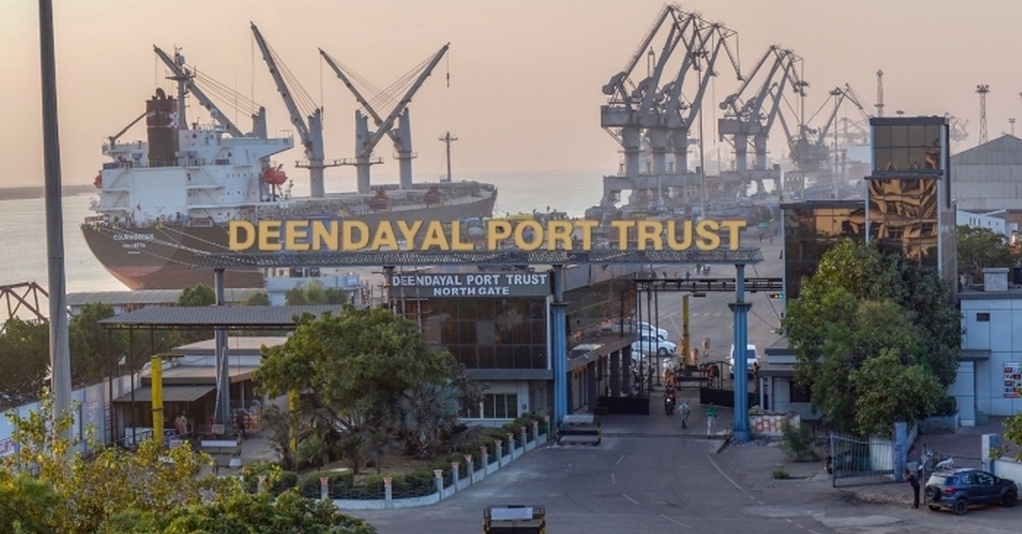The shipping ministry has asked VO Chidambaranar (VOC) Port in Tamil Nadu and Deendayal Port in Gujarat to develop hydrogen hubs to catalyse the transition toward green fuel.
The ministry has also asked these two ports to buy hydrogen-powered ‘green tug’ boats, used for ushering large ships into berths.
Cochin Shipyard is in the advanced stages of developing green tugs that run on hydrogen. Jawaharlal Nehru Port, Paradip Port, VOC Port, and Deendayal Port will be buying two green tugs each, under the green tug transition programme.
By 2027, the Centre also aims to have two Indian ships that will be powered by green hydrogen or its derivative fuels.
These plans align with the Centre’s goals to decarbonise its ports under the Harit Sagar Green Port Guidelines 2023. The guidelines aim to cut down on waste through the 4Rs – reduce, reuse, repurpose, and recycle – and achieve zero waste discharge from port operations. They also promote monitoring based on environmental indicators.
Under the guidelines of the Green Ports Policy, fleet owners will be given incentives for the adoption of compressed natural gas, liquefied natural gas, and electric or green hydrogen-powered trucks. The initiative is intended to decrease emissions at major ports.
Tags: Deendayal port, Gujarat, India, JNPT, Tamil Nadu, VOC



Recent Posts
GCMD Publishes Insights from Landmark Ammonia Transfer Trial Off Western Australia
GEODIS Releases 2024 Activity and Sustainability Report, Reaffirms Climate Commitment
Strengthening India-Norway maritime ties at Nor-Shipping 2025
Magenta Mobility appoints Nand Kumar Sharma to lead charging infrastructure & projects
CMA CGM Showcases Strategic Maritime Initiatives with India During Secretary MoPSW’s Visit to Marseille
Port of Brisbane Unveils Vision 2060 to Drive Smarter, Cleaner, and More Connected Future
Wärtsilä to Deliver Hybrid Propulsion Systems for Vertom Group’s New Low-Emission Vessels
Latvian port receives electric Konecranes Gottwald Mobile Harbor Crane